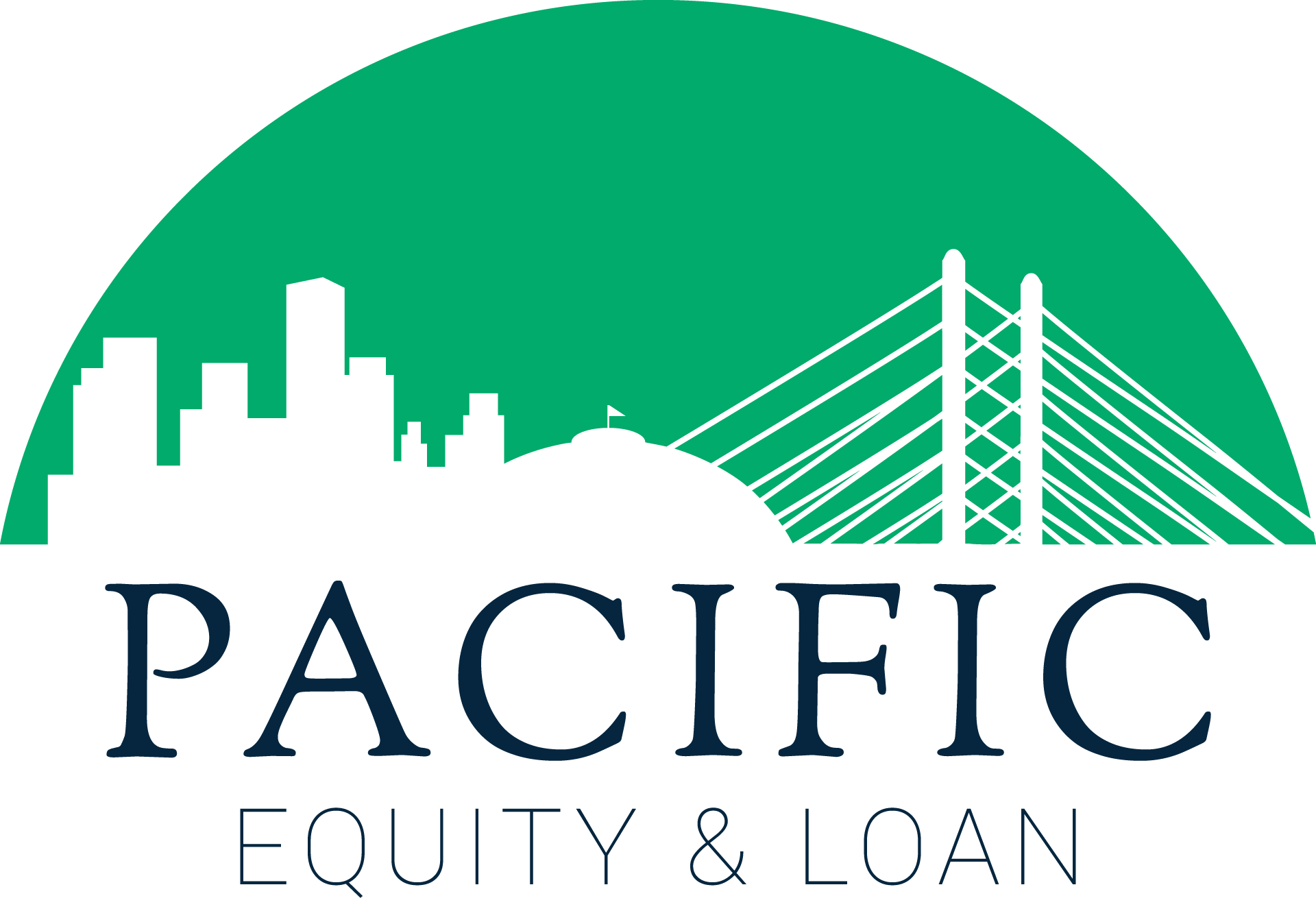Whether you’re a novice investor in real estate or a seasoned pro, you’ve certainly discovered the importance of real estate formulas. When you have to balance a lot of different numbers and decide which property calculations apply to you, it can become overwhelming at times. See all the real estate math formulas you’ll ever need to use by using this quick guide.

Net Operating Income
Net operating income (NOI) is the first and most fundamental formula to understand. Subtract your total monthly or yearly expenses from your gross income to calculate this formula. The costs necessary to maintain the operation of the property, such as the salary of a property manager, and regular maintenance, are included in the total operating expenses.
- Net Operating Income = Gross Income – Total Expenses
Gross Scheduled Income
This real estate formula enables you to calculate the amount of revenue your property will produce if all of its units are rented and there are no rent defaults. To compare this figure to your actual income can be helpful.
- Gross Scheduled Income = Rental Income + Lost Rental Income from Vacant Units
Gross Operating Income
This sum includes all other sources of income from your rental property in addition to the gross operating income. This can be parking lot fees, laundry machines, vending machines and the like.
- Gross Operating Income = GSI – Lost Rental Income from Vacant Units + Other Income
Capitalization Rate
One of the most crucial real estate formulas is the capitalization rate or cap rate. Investors can quickly compare properties to determine which is most valuable using the cap rate formula, which compares an investment property’s net operating income with its market value.
- Cap Rate = Net Operating Income / Market Value of Property
Cash on Cash Return
In real estate investing, calculating your cash on cash return is essential. It is a very popular real estate formula because it enables investors to compare investments and determine which one is the most profitable based on the financing terms.
To calculate the cash-on-cash return, simply divide your net operating income by the total amount of cash you invested. The down payment, closing costs, renovation costs, and any other upfront fees you paid to buy the investment property will typically be included in your total cash investment. The formula is as follows:
- Cash on Cash Return = Net Operating Income / Total Cash Investment
Equity Build-Up Rate
The best real estate investments don’t always yield a quick profit. Some properties are great investments because they have the potential to increase in value over time and become more valuable assets. This straightforward real estate formula can be used to calculate these gains. Divide the amount of money you invested in the first year by the amount of mortgage principal you paid in the first year to calculate your equity build-up.
- Equity Build-Up Rate = Mortgage Principal Paid (Year 1) / Initial Cash Invested (Year 1)
Return on Investment
All smart investments are made to reap a return, making this a fundamental real estate formula. The return on investment formula effectively enables you to determine how much of your initial investment you can recover each year.
- Return on Investment = Annual Returns / Cost of Investment
Cash Flow From Operations
Real estate investments that are profitable will have more money coming in than going out. To calculate your cash flow from operations, subtract your capital expenditures from your net operating income (generally referred to as significant one-time expenses).
- Cash Flow From Operations = Net Operating Income – Capital Expenditures
Occupancy Rate
This amount reflects the total amount of time an investment property has been rented out. One of the most crucial measures of your success is your occupancy rate, and a low occupancy rate can indicate that you need to take some action.
- Occupancy Rate = Number of Days Occupied / Total Number of Days in One Year
Debt Service Coverage Ratio
You can determine the current cash flow you have available to pay off the debt that financed your investment using this real estate formula.
- Debt Service Coverage Ratio = Net Operating Income – Annual Debt Service

Endnote
Understanding real estate investing formulas and calculations, such as these, is crucial if real estate investing is what you do. An investor will be well on their way to making wiser financial decisions when purchasing rental property if they understand and are familiar with these formulas.
Do you need help starting out with your real estate investment? Pacific Equity & Loan focuses on empowering investors through offering flexible terms, fees, and competitive rates. Our team is dedicated to creating a fast process for all borrowers and with low origination costs. Talk with our loan experts and they will be glad to discover with you the most suitable financing option for you! Contact us today at (253) 336-6764 or email us at marketing@pacificeal.com.
Citation
“Common Real Estate Formulas You Should Know.” PropertyMetrics, 27 Apr. 2014, https://propertymetrics.com/blog/real-estate-formulas/.
Hubbert, Justin. “Justin Hubbert.” Park Place Finance, 20 Dec. 2021, https://parkplacefinance.com/real-estate-investment-formulas-to-know/.
Rizek, Elias. “15 Real Estate Formulas Every Beginner Should Learn.” Investment Property Tips | Mashvisor Real Estate Blog, 29 Dec. 2021, https://www.mashvisor.com/blog/real-estate-formulas-beginner/.
updated by admin | 1 year ago. “11 Real Estate Investing Formulas and Metrics.” IQ Calculators, https://iqcalculators.com/real-estate-formulas.







